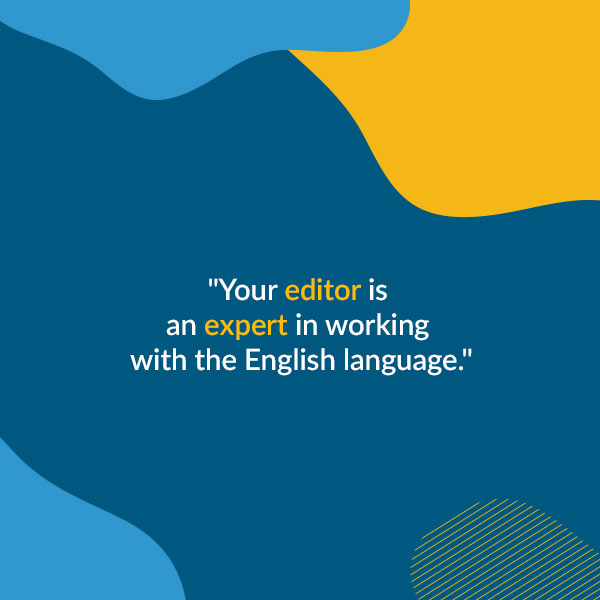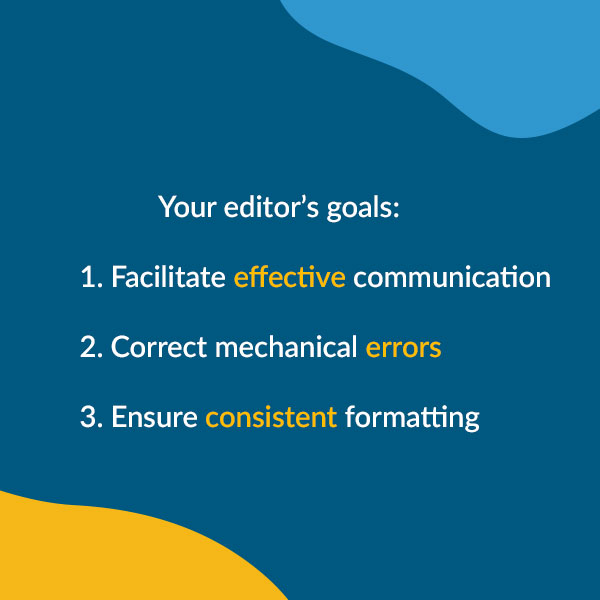Who Needs Scientific Paper Editing?
Steven Pinker, Harvard professor and author of The Sense of Style: The Thinking Person's Guide to Writing in the 21st Century, has hit the nail on the head when it comes to scientific writing.
"Your readers know a lot less about your subject than you think, and unless you keep track of what you know that they don't, you are guaranteed to confuse them." —Steven Pinker
However, just as a successful writer must consider the needs of the reader, the writing process itself must be adapted to suit the needs of the writer. Many scientists and other researchers hold knowledge worthy of textbooks in their heads. That said, a significant number of them will admit that writing these ideas down is not nearly as interesting as discovering them. Many even dread the thought of compiling their thoughts on paper. They would rather spend their time developing or applying their skills, theories, or experiments than wondering if their paragraphs are in the right order or if that comma is supposed to be there.
An Editor's Role
This is where an editor comes in. An editor is an expert in working with the English language and will use that capacity to help researchers communicate effectively to both laypeople and peers. What researchers know how to do, a good paper editor will know how to deliver.

Armed with the laws of English grammar and comprehension, editors are enthusiastically prepared to polish your writing and smooth out your paper's rough edges.
A Paper Editor's Goals
Every day, Scribendi editors step into the minds of their clients and help them achieve their goals—all without sacrificing the meaning of their words. Your editor will focus on three overarching goals as they approach your scientic paper.

Goal No.1: Facilitate Effective Communication
When it comes to scientific paper editing, an editor doesn't have to be an expert in a topic to realize when something might be confusing to the reader. What makes perfect sense to an expert may be something that needs to be explained from scratch to someone else. A good editor can evaluate jargon and balance highly specialized speech with layperson's speech, and they can identify any gaps in logic or reasoning that might confuse a reader. Scribendi editors have studied the workings of the English language at great length, making them capable of adjusting scientific words, sentences, and paragraphs carefully to augment the researcher's knowledge with the power of communication.
Goal No. 2: Correct Mechanical Errors
Mistakes in spelling, grammar, and punctuation are all classified as mechanical errors. These minute details can greatly affect a reader's initial assessment of your paper. Furthermore, a writer can very easily miss these details because of their intimate familiarity with their own work. When a Scribendi editor reads a paper for the first time, their fresh perspective allows them to process its mechanics more carefully than someone who has already read it would. Combined with their expertise in the English language, this allows Scribendi editors to identify errors that have slipped under the author’s radar.
Goal No. 3: Ensure Consistent Formatting
There are so many rules and variations in English that consistency becomes extremely important. This might include ensuring that British documents follow British English conventions, guaranteeing consistency in formatting and references, or seeing that all figures and tables have been introduced in the same way. Anyone who prefers to spend their time researching and developing content, rather than carefully reviewing these details, might wonder about the importance of some of them. Is it vital to have commas instead of periods in the references? Is it really that big of a deal to center align figure headings? If you want your work to be taken seriously, the answer to these questions is "Yes, absolutely." A consistently formatted paper conveys the meticulous care and attention to detail that the reader is expecting to discover within your work. Scribendi editors will always seek to maintain consistency within your document. If you mention a particular style guide in your order, they will also ensure that your work adheres to its rules.
Scribendi's Role
So don't be afraid to send your scientific paper to a Scribendi editor. Your work will be safe in the hands of a professional who will carefully polish the communicative prowess of your paper, as well as its raw mechanics and formatting. Ideas in scientific papers are changing the world, and a good editor—like the ones at Scribendi—will help you present yours in a masterful and unique way.
Image Sources: ktsimage/elements.envato.com
Let a Professional Edit Your Work
Hire an Expert Academic Editor, or Get a Free Sample
About the Author
Kaitlin's love for powerful language and exciting stories motivated her to pursue a degree in Professional Writing at Pensacola Christian College in Florida. When she's not editing or writing for Scribendi, she's balancing being a music teacher and active church member. Her heart belongs to childish things like Disney movies and young adult fiction, and she hopes to write a dystopian novel ... eventually.










